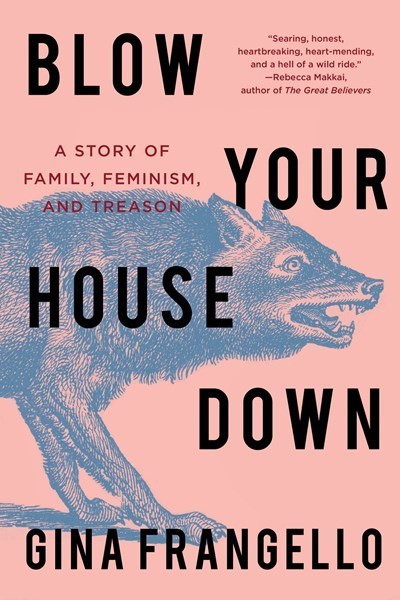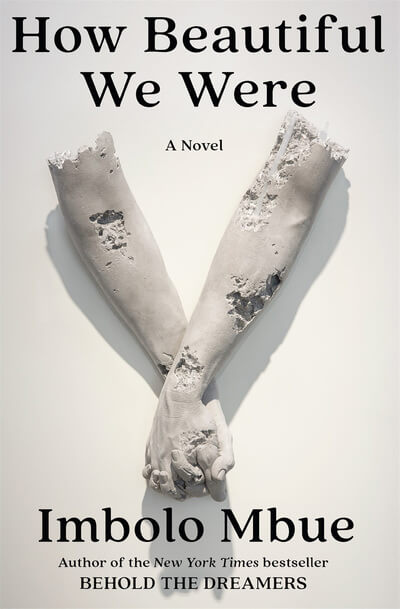How does one sum up the arc of a long life? That’s the intriguing question Joshua Ferris poses in A Calling for Charlie Barnes, a poignant, bitingly funny exploration of how a life that’s riddled with defeat may turn out, after all, to be profoundly meaningful.
Inspired by the death of Ferris’ own father in 2014, the novel tells the story of Charlie Barnes, nicknamed “Steady Boy,” an investment adviser struggling in the wake of the 2008 financial collapse whose ambition is matched only by the number and magnitude of his professional and personal debacles. Charlie is a bundle of contradictions—an ethical money manager in a world of charlatans, and someone whose endlessly inventive mind conjures up bizarre moneymaking schemes that are distinctive only for their consistent failures, like a flying toupee called the Original Doolander or the Clown in Your Town, a franchised fleet of party clowns.
But when, at age 68, Charlie is diagnosed with pancreatic cancer, he’s forced to confront his mortality and come to terms with a chaotic family life that has included five marriages—four of which ended badly—and has caused the bitter estrangement of his two eldest children. His youngest son, Jake, the only Barnes sibling who remains close to his father, is a novelist who takes on the project of chronicling Charlie’s “perfectly failed life.” From moments of rollicking humor to episodes of deep pathos, Jake strives to capture his father’s utterly ordinary, strikingly tumultuous biography with as much fidelity to the facts as he’s able to muster while keeping it “honest, but respectable.”
In addition to its autofictional component, A Calling for Charlie Barnes contains a strong metafictional element, as Jake comments frequently and incisively on the challenges of storytelling, even assuming the mantle of unreliable narrator almost with a sense of pride: “Like reliability exists anywhere anymore,” he writes, “like that’s still a thing,” reminding the reader of “the power you have when you control the narrative.”
Ferris’ control of his own narrative is impeccable, but that doesn’t mean readers shouldn’t be prepared for the frequent wicked curveballs he delivers with evident zest. A Calling for Charlie Barnes has plot twists as manifold as its protagonist’s cruelly dashed dreams, but when Steady Boy’s story reaches its end, it’s a reminder of how little we know about the ones we love and the fact that even the humblest life story encompasses unfathomable depths.
For the audiobook, Nick Offerman delivers a powerful performance as Jake Barnes.


















